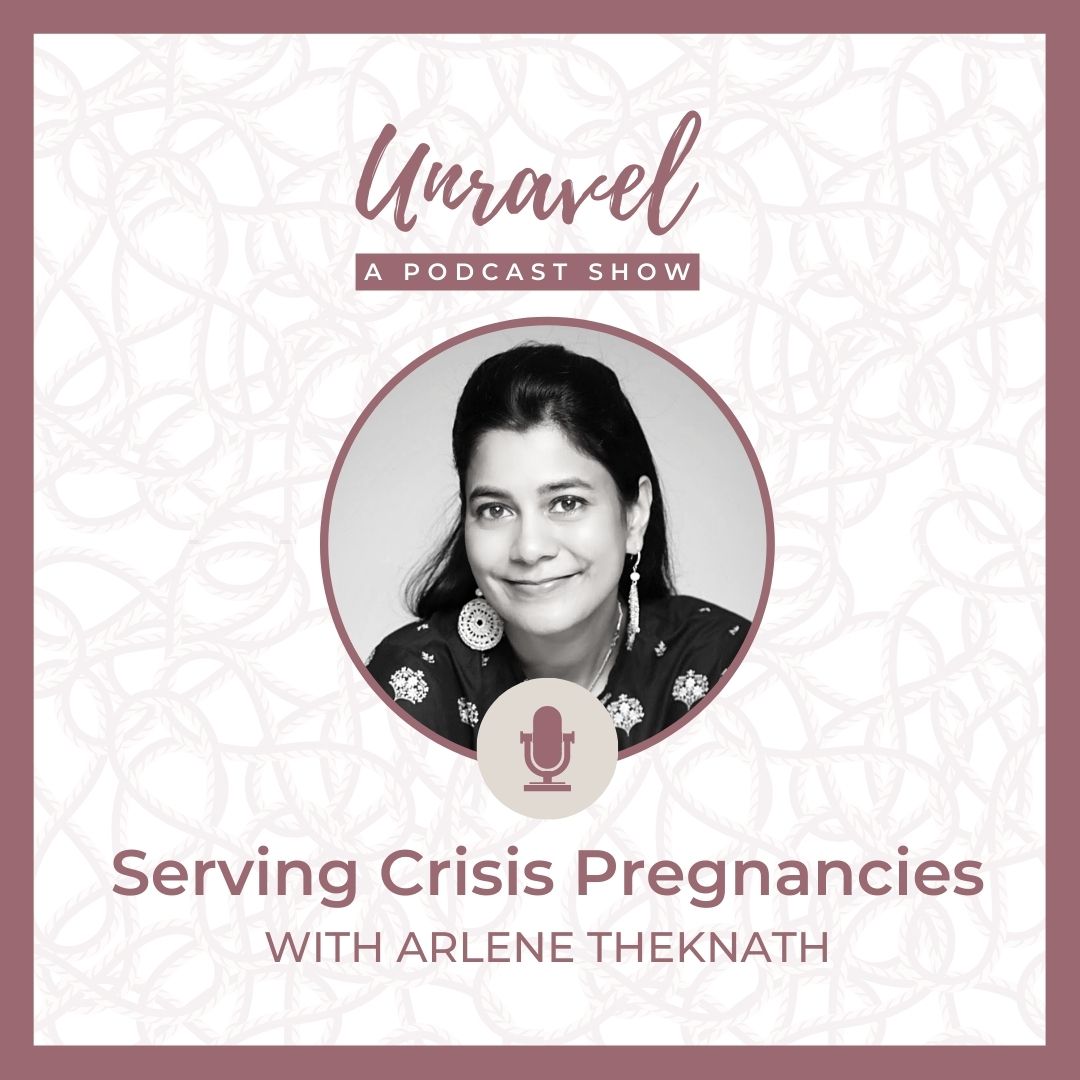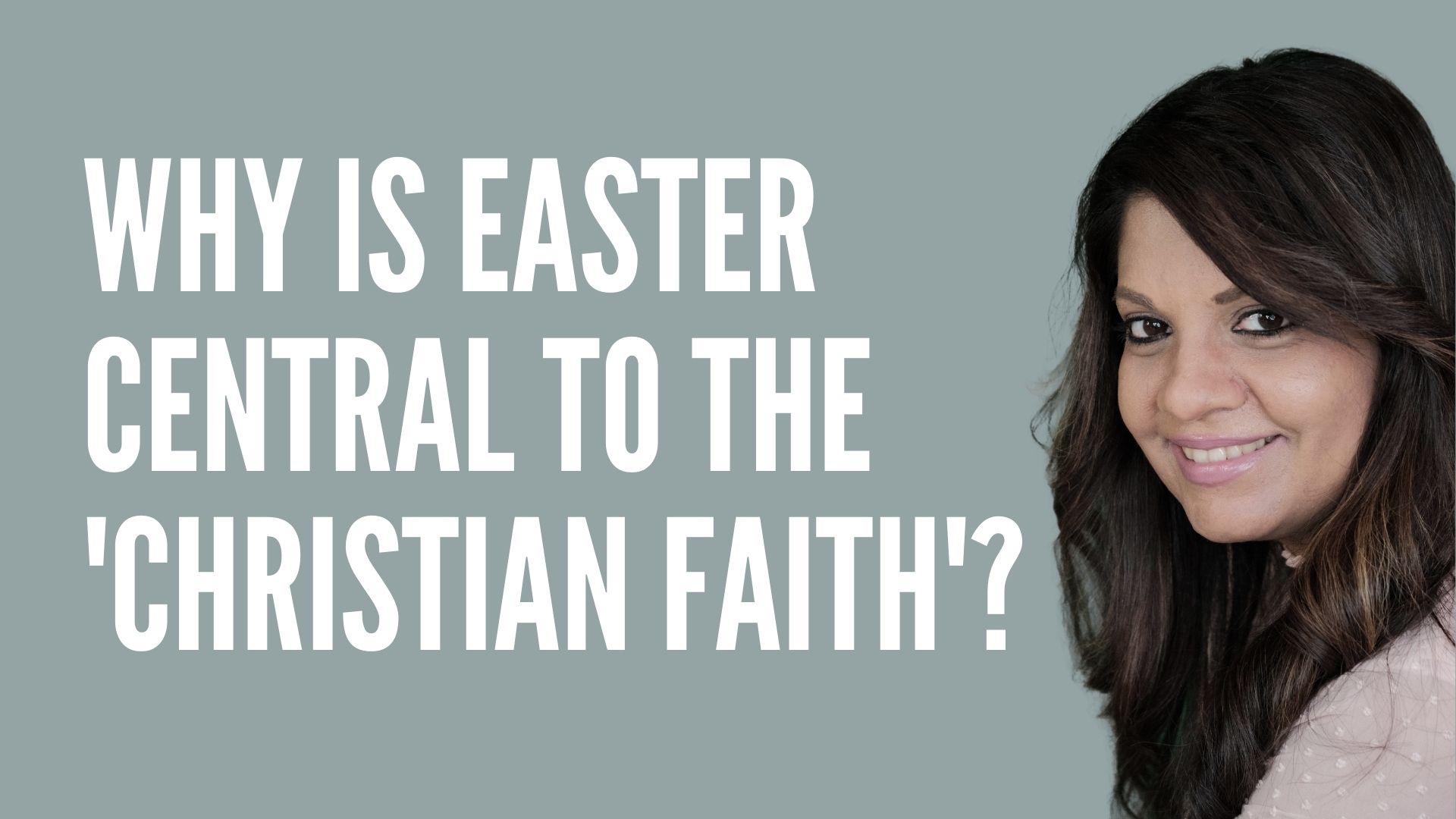WHAT TO DO WHEN YOU STRUGGLE TO FORGIVE
Originally published by Blessed Is She
“Forgiveness is letting the prisoner go free, only to know the prisoner is me” is an adage that could not be truer in Corrie ten Boom’s life. In her book, The Hiding Place, the Dutch Christian writer describes her experience in Amsterdam during World War II where she and her family hid Jews from the Nazis. One day, after an informant reported them, her family was seized and deported to the concentration camp. Corrie never saw her father again, and her sister died in the camps.
Years later, Corrie travelled throughout Europe speaking on the forgiveness of God until she experienced a moment that forever changed her spiritual life. After one talk, a man approached Corrie to thank her for her message on forgiveness. Corrie immediately recognized him as one of the guards from the concentration camp, and memories of the brutal camp came flooding in.
“Will you forgive me?” he said, extending his hand.
But Corrie’s arm stayed frozen, her blood draining … remembering, reliving.
She whispered in her heart, “Jesus, help me! I can lift my hand. I can do that much. You supply the feeling.”
Immediately something like warm current began to flow in her shoulder, then down her arm, eventually ending into their joined hands.
“I forgive you, brother, with all of my heart,” Corrie reciprocated.
The prison doors were flung open.
How can I forgive this? How do I forgive someone who’s not even sorry?
Who among us hasn’t been hurt, angered, or wounded? We wrestle in prayer, wanting to forgive but find ourselves licking old wounds again, frustrated with our failed attempts to truly forgive.
Read the full article here








